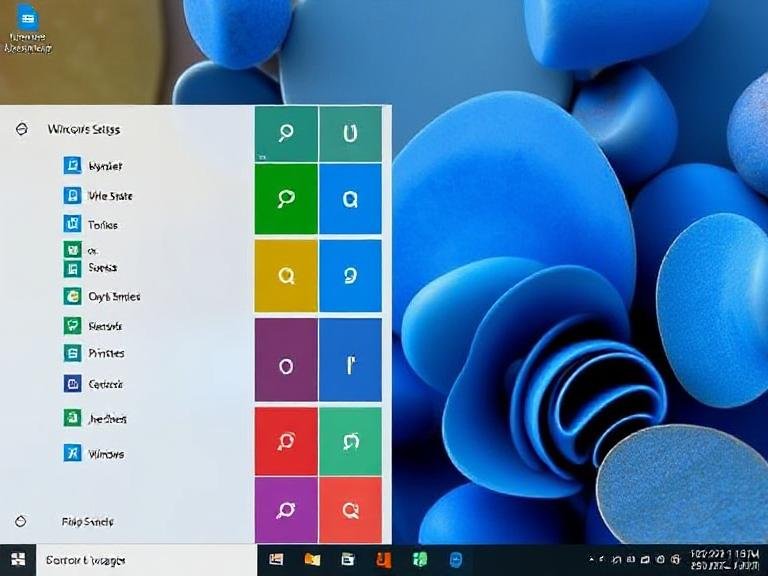Microsoft Rolls Out KB5062663 for Windows 11 — Focus on Stability and Printing

Microsoft Rolls Out KB5062663 for Windows 11 — Focus on Stability and Printing
Microsoft has released KB5062663 , a non-security cumulative update for Windows 11 users on versions 22H2 and 23H2 , as part of its monthly “C” update cycle. The update, available now via Windows Update (builds 22621.5699 and 22631.5699 ), brings several under-the-hood improvements focused on file system reliability, input methods, printing, networking, and overall system stability.
While not a security patch, KB5062663 addresses a handful of specific but impactful issues that have been affecting user experience — especially in enterprise, multilingual, and networked environments.
File System Fixes: ReFS and PDF Search Issues Resolved
One of the most notable fixes targets the Resilient File System (ReFS) , where large file backups could occasionally cause the system to exhaust available memory. This rare but serious issue has now been patched, improving reliability for users relying on ReFS for data storage and redundancy.
Additionally, Microsoft resolved a problem where searching for PDF files in shared folders would sometimes return incorrect error messages like “No More Files” or STATUS_NO_MORE_FILES. These errors previously disrupted virtual PDF printing and interfered with backup operations — a frustrating bug for business and home office users alike.
Input Method Improvements for Chinese, Hindi, and Marathi Users
The update also delivers fixes for several input method editor (IME) issues introduced by a previous update (KB5062552):
- Users of the Microsoft Changjie IME for Traditional Chinese should no longer face issues like unresponsive spacebars, blank keys, broken candidate windows, or incorrect word selection.
- Problems with Phonetic input methods , including the Hindi Phonetic and Marathi Phonetic keyboards, have also been addressed. These were previously failing to work correctly after certain updates.
These fixes are particularly important for multilingual users who depend on accurate text input for daily tasks.
Networking and Peripheral Reliability After Hibernation
A networking-related issue affecting devices with active cellular connections has been fixed. Previously, some peripherals — like external drives or docking stations — would take longer than expected to respond after the system resumed from hibernation. This update improves the handshake process, ensuring faster and more reliable device reconnection.
Printer Discovery and Naming Now Clearer
For users setting up network printers, Microsoft has improved IPP Directed Discovery , making printer names appear more clearly during setup. This change helps avoid confusion when multiple printers are available on the same network — a small but meaningful usability boost in office or shared environments.
Stability Patch for Systems Affected by Recent Updates
KB5062663 also tackles a rare but critical system stability issue that surfaced after installing the May 2025 security update and follow-up patches. In specific scenarios, some devices became unresponsive or froze completely. This fix should prevent those crashes, especially on systems with certain driver or configuration combinations.
Taskbar Accessibility Icons Restored
Another minor but noticeable fix: the accessibility icons on the taskbar (like Narrator, Magnifier, or Closed Captioning) are now properly visible again after disappearing in some configurations. This ensures users who rely on assistive tools can quickly access them without digging through menus.
How to Get KB5062663
You can install the update manually by going to:
Settings > Windows Update > Check for updates .
Note: KB5062663 is optional , not mandatory. If you’re not affected by any of the listed issues, you can safely skip it. However, if you’ve been experiencing printer glitches, file search errors, or IME problems, this update is worth installing.
Alternatively, download the standalone package directly from the Microsoft Update Catalog if you prefer manual installation.





